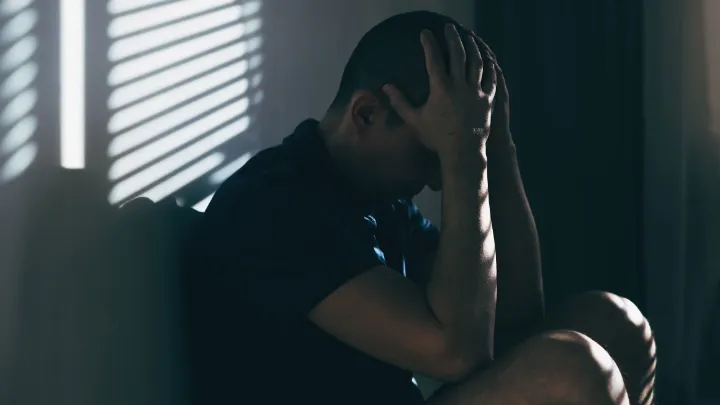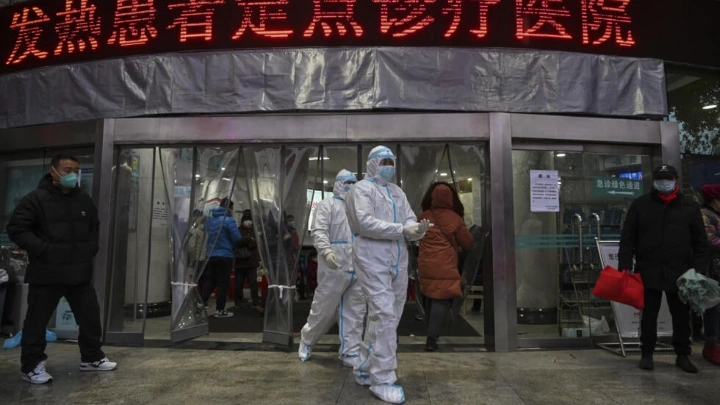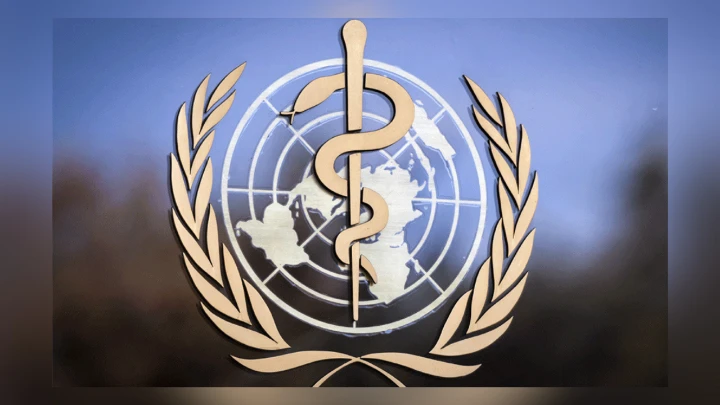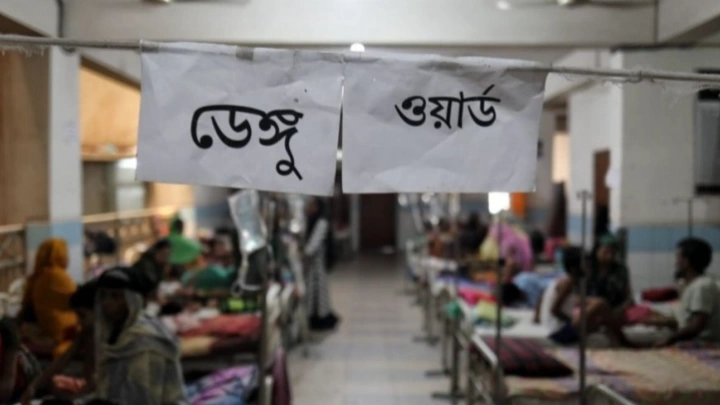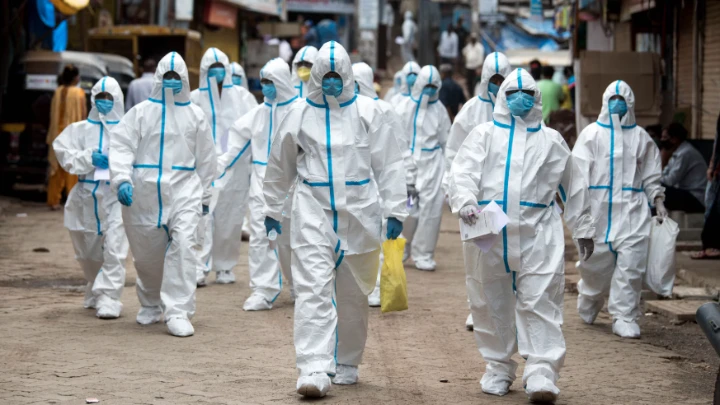46 people died till now this year ; 3,978 people hospitalized
Rising Aedes density fuels dengue spread beyond city corporation areas
DhakaTribune || Shining BD
With the decline in rainfall, the number of dengue patients is increasing. In the 24 hours till Monday morning, 86 people suffering from dengue were admitted to hospital, the highest in July.
According to statistics from the Directorate General of Health Services (DGHS), from January 1 to July 7 of this year, 3,978 people have been hospitalized with dengue, and 46 people have died.
Among those infected, 2,503 are outside city corporation areas, and 1,475 are within city corporation areas.
This means that nearly twice as many patients are affected outside city corporation areas.
DGHS statistics show that in January of this year, 1,055 patients were admitted to hospitals with dengue, 339 in February, 311 in March, 504 in April, 644 in May, 798 in June, and so far in July, 327 patients.
Entomologist Prof Dr Kabirul Bashar said: "We are working with Aedes mosquitoes in various areas of Dhaka as well as outside Dhaka. In Chittagong, Barisal, Barguna, Cox's Bazar, Gazipur, Chandpur, Narsingdi, and Manikganj, we have found that the density of Aedes mosquitoes is increasing not only in Dhaka but also outside Dhaka. The density of aedes mosquitoes we are finding in the field is higher than in other years."
He added: "Dengue has now become such a problem that the government or the city corporation alone cannot control it. No country in the world has successfully controlled dengue without the involvement of the public. People need to ensure that Aedes mosquitoes do not breed in their homes and yards. If proper action is taken with everyone's combined efforts, dengue can be controlled."
Former DGHS director and public health expert Prof Dr Be-Nazir Ahmed said: "The increase in dengue infection is related to climate, such as rainfall, temperature, and humidity. If we look at the statistics from 2000, we see that over the past 23 years, dengue has gradually spread across the country. Until 2014, the outbreak was mainly in affluent areas of the capital. Now, it is not confined there."
Public health expert Dr Mushtaq Hossain said: "A cleanliness campaign must be conducted in every neighborhood. Local ward councilors or public representatives need to be involved. This work needs to be done daily, not just once. It is not possible without public involvement. The city corporation does not have enough manpower. An institutional system needs to be established, which can be done by involving people."
Meanwhile, LGRD Minister Md Tazul Islam said: "The dengue situation in Bangladesh in 2024 is in a satisfactory state compared to other Asian countries. Although we want the dengue situation to be fully under control, we do not expect any deaths from dengue. Considering the statistics, we are still in a good position."
Speaking at a meeting last Thursday, the minister said: "Compared to previous years, this year we have been able to make the people of Dhaka more aware. From the city corporation to the union council, everyone is working to increase public awareness. The formed committees at the district, upazila, and municipal levels have been instructed to work actively. Like last year, this year too, all district commissioners and divisional commissioners have been directed to take related measures."
He further said: "City corporations and all institutions under the local government division are working to control dengue. We are identifying the regions where more people are affected as hotspots. Representatives are being sent to the hotspots immediately to take necessary actions. Based on the details from the health ministry, we are quickly identifying affected areas and taking swift measures."
Shining BD




